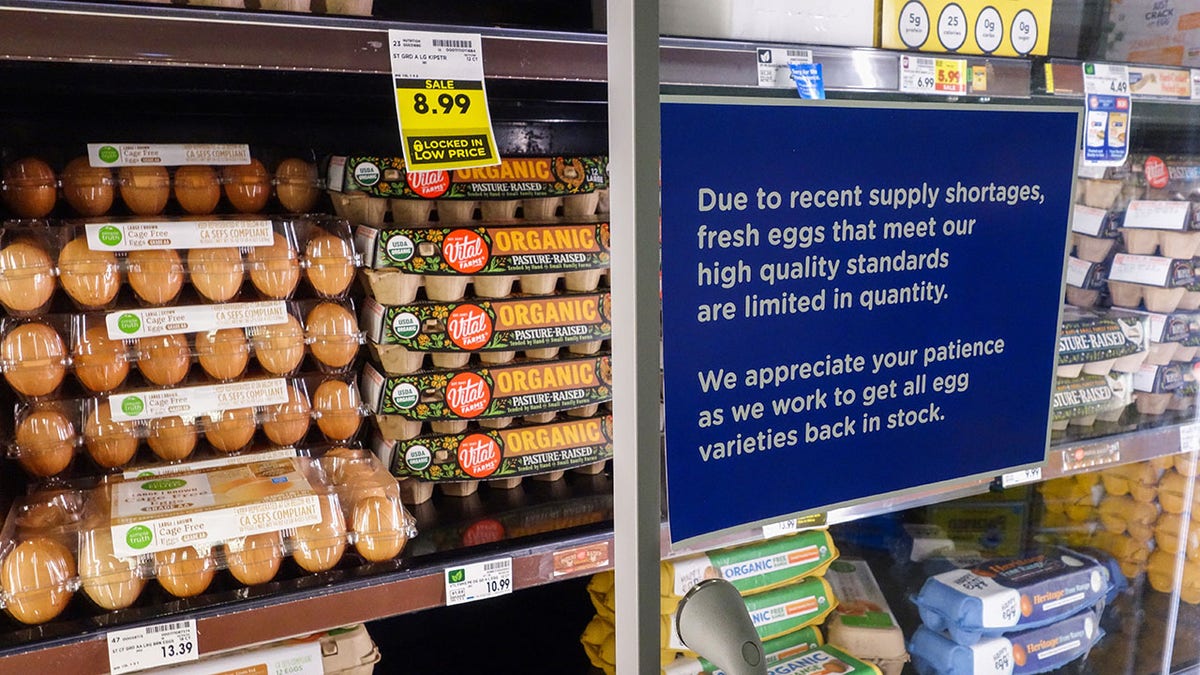Amidst rising concerns about avian influenza (HPAI) and its impact on poultry supplies, questions arise about egg safety. The current bird flu outbreak, marked by a human fatality in Louisiana, has understandably raised concerns for consumers. While the situation warrants attention, experts offer reassurance regarding egg consumption.

Both the FDA and USDA have affirmed the low risk of human bird flu infection from consuming eggs, citing stringent inspections and testing protocols. Dr. Anna Wald, an infectious disease expert, emphasizes that store-bought eggs are safe to eat when cooked thoroughly. She distinguishes this from raw milk, which has been linked to bird flu transmission in farm animals. Pasteurized milk, however, remains safe for consumption.

Registered dietitian Ilana Muhlstein concurs, advocating for fully cooked eggs. She suggests avoiding soft-boiled, runny, or soft-poached eggs until the current outbreak is contained, erring on the side of caution. Muhlstein also anticipates potential price increases for eggs as the virus spreads.

The CDC reinforces the importance of proper food handling and cooking to eliminate bacteria and viruses. They recommend cooking poultry and eggs to an internal temperature of 165°F. While there's no evidence of bird flu transmission through properly cooked poultry in the U.S., the CDC acknowledges a small number of cases linked to uncooked poultry in Southeast Asia. Therefore, separating raw and cooked foods and ensuring thorough cooking are crucial safety measures.
Ensure poultry and eggs reach an internal temperature of 165°F to neutralize bacteria and viruses like bird flu.
Comments(0)
Top Comments